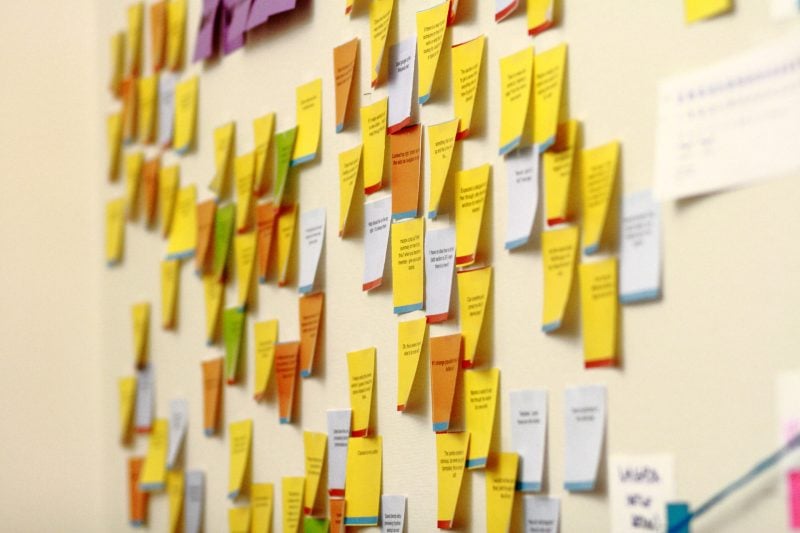A concerning report published Monday warns that Stanford icebreaker levels are dipping into dangerously low territory — and are continuing to be depleted at unsustainable levels. The study, a joint effort by the Earth Systems and Sociology departments, finds that greenhouse gas buildup, ozone depletion, wildfires and a post-COVID return to in-person classes and clubs are all contributing to the rapid dwindling of icebreaker stores previously thought inexhaustible.
Faculty member Jessa Sturgeon reports seeing early signs of a coming shortage in her own classes.
“I’ve been teaching at Stanford since the 70s, when the supply of icebreakers seemed almost limitless,” Sturgeon said. “Sure, there were reports that we were working with a finite amount, but we brushed them off as fear-mongering. We’d do two, three, four icebreakers per class. Now it takes me almost an hour every morning to find something I haven’t used.”
Katie Xiao ’24 backed up Sturgeon’s claims, remembering a recent hall meeting.
“[Xiao’s R.A.] Everett was clearly trying really hard to think of something original, something that would get us all jazzed up to socialize,” Xiao said. “Eventually, he just made us say who we thought would win in a battle between Batman and Superman. When my roommate reminded him we did that last week, he looked really defeated.”
The report identifies icebreakers pertaining to pets, superheroes, coding languages, pop music and mental health as “critically endangered,” and also warns that new pop-culture touchstones are not producing potential icebreakers at a rate sufficient to replenish Stanford’s stores. Experts predict that “Squid Game”-based questions, for example, will be passé by the end of next week.
“It’s important to note that this problem isn’t limited to Stanford,” climate scientist Richard Stobell told the Daily. “Really, this is just one manifestation of a global problem. That said, Californian institutions are particularly at risk because of our delicate coastal ecosystem — and our insistence that students can only understand each other by deciding to which farm animal they best relate.”
Editor’s Note: This article is purely satirical and fictitious. All attributions in this article are not genuine, and this story should be read in the context of pure entertainment only.
